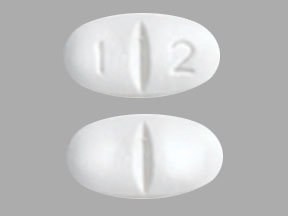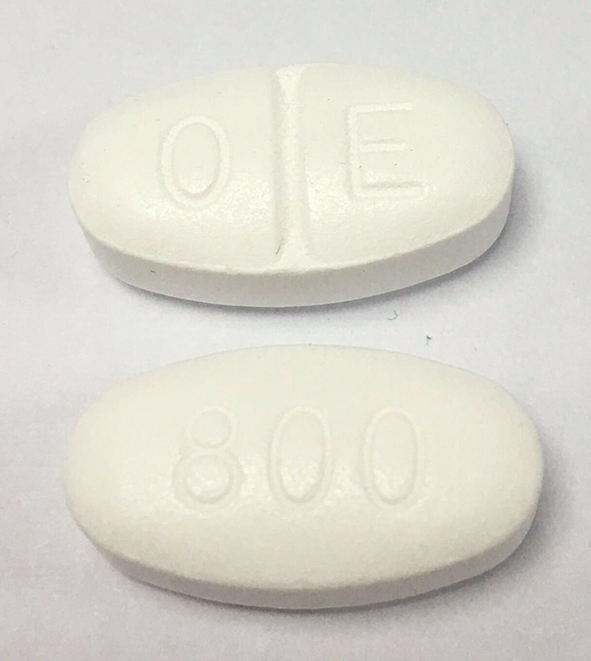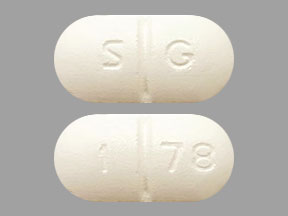Dosage and strength
Each capsule of gabapentin contains 100mg, 300mg or 400mg of gabapentin. Each tablet contains 600mg or 800mg of gabapentin.
If you’re taking gabapentin as a liquid, 2ml is usually the same as taking a 100mg tablet or capsule. Always check the label.
Dosage for epilepsy
The usual dose for:
-
- adults and older children (aged 12 and over) is 900mg to 3,600mg a day, split into 3 doses
- younger children (aged 6 to 12) – varies depending on their weight
Dosage for nerve pain
The usual dose to treat nerve pain in adults is 900mg to 3,600mg a day, split into 3 doses.
Changes to your dose
To prevent side effects, your doctor will prescribe a low dose to start with and then increase it over a few days. Once you find a dose that suits you, it will usually stay the same.
How to take Gabapentin ?
Swallow gabapentin capsules and tablets whole with a drink of water or juice. Do not chew them.
You can take gabapentin with or without food, but it’s best to do the same each day.
Try to space your doses evenly through the day. For example, you could take it first thing in the morning, early afternoon and at bedtime.
If you or your child are taking a liquid, it will come with a plastic syringe or spoon to measure your dose. If you do not have a syringe or spoon, ask your pharmacist for one. Do not use a kitchen spoon, as it will not measure the right amount.
How long to take it for
If you have epilepsy, it’s likely that once your condition is under control you’ll still need to take gabapentin for many years.
If you have nerve pain, once your pain has gone you’ll continue to take gabapentin for several months or longer to stop it coming back.
If you forget to take it
If you forget a dose, take it as soon as you remember. If it’s within 2 hours of the next dose, it’s better to leave out the missed dose and take your next dose as normal.
Never take 2 doses at the same time. Never take an extra dose to make up for a forgotten one.
If you have epilepsy, it’s important to take this medicine regularly. Missing doses may trigger a seizure.
If you forget doses often, it may help to set an alarm to remind you. You could also ask your pharmacist for advice on other ways to help you remember to take your medicine.
If you take too much
Taking too much gabapentin can cause unpleasant side effects.
Urgent advice: Contact 111 for advice or go to A&E now if:
you take more than your prescribed dose of gabapentin and:
-
- you feel dizzy or sleepy
- you have double vision
- you start slurring your words
- you have diarrhoea
- you pass out (faint)
If you need to go to A&E, take the gabapentin packet or leaflet inside it, plus any remaining medicine, with you.
Stopping gabapentin
It’s important not to stop taking gabapentin suddenly, even if you feel fine. Stopping gabapentin suddenly can cause serious problems.
If you have epilepsy, stopping gabapentin suddenly can cause seizures that will not stop.
If you’re taking it for any reason and stop suddenly, you may have a severe withdrawal syndrome. This can have unpleasant symptoms, including:
-
- anxiety
- difficulty sleeping
- feeling sick
- pain
- sweating
It’s possible to prevent withdrawal seizures and other symptoms by gradually reducing the dose of gabapentin.
Do not stop taking gabapentin without talking to your doctor – you’ll need to reduce your dose gradually.




